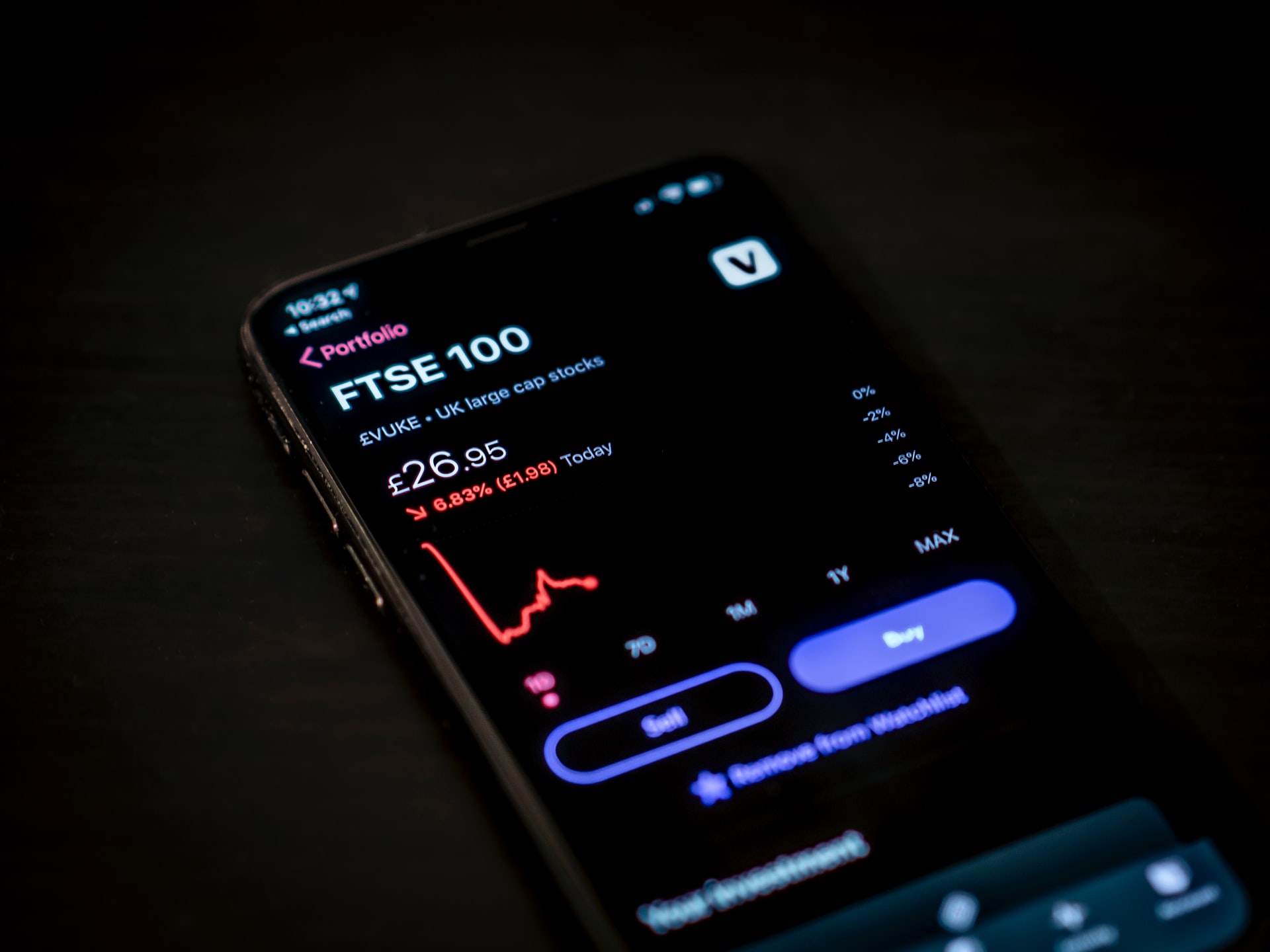
Penn State Smeal researcher and ICDS associate leads study to investigate the impact of financial disruption on the economy at large. Photo by Jamie Street/Unsplash
Penn State Smeal’s Liechty leading DARPA-funded project to study financial disruptions
Posted on March 24, 2022UNIVERSITY PARK, Pa. — When most people think of the Defense Advanced Research Projects Agency (DARPA), they think of inventions relating to national defense such as military attacks. However, a team recently granted a DARPA grant and led by a Penn State Smeal College of Business faculty member is demonstrating that disruptions to the U.S. financial system could be just as devastating.
The team consists of John Liechty, Smeal professor of marketing and statistics; former high frequency trader Zak David, now at Urvin Finance; and economist Chris Carroll from Johns Hopkins University.
The team’s successful $594,166 grant proposal emphasizes that a robust economy is paramount to a nation’s ability to fund and mount its national defense — and that threats to the financial system are ultimately threats to national security.
While DARPA’s broad interest in the security of the United States and its infrastructure has led it to interest in funding projects in the financial market space, Liechty said that his team is one of the pioneers in these types of modelling efforts that are receiving funds from the Department of Defense.
The grant will help the interdisciplinary team — which includes specialists in economics, high frequency trading, financial markets, machine learning and agent-based modeling — build a simulation system that can realistically explore a range of important questions over the span of nine months.
“The primary question is understanding the tradeoffs between robustness and cost of different financial intermediation systems — such as the different ways that a stock exchange could be organized and structured — and then exploring ways to make these systems more robust at a lower cost to society,” Liechty said.
The system will address questions that interest policy makers and the defense establishment, such as the level of damage that could result from a rogue agent through legal trading activities, or how much money society should have to pay market facilitators to have financial markets where members of society can easily purchase and sell securities.
“In economics, it’s typically assumed that the financial markets don’t matter, that they are always there and that they will always work, but that assumption was proven false during the 2008 financial crisis when the failures in the financial markets resulted in vast disruptions to the broader economy,” Liechty said.
According to the proposal, the funds requested will equip the team with the necessary tools to modify an agent-based financial market model, modify a macroeconomy agent model, and link the two together into a single integrated framework, allowing the agents to realistically adapt to disruptions, facilitate rapid simulations and explore how the banking sector interacts with providing liquidity to market makers.
Liechty said the team will test a variety of adversarial threats including a crash (investors selling a large number of securities in a short time); sabotage to the exchange; a natural shock where a substantial portion of the macroeconomic agents will experience a sudden decrease in wealth or income — not unlike what is happening in parts of Europe today; and macroeconomic agents targeted by a digital terrorist attack.
These tools will potentially allow defense experts and policy makers to make decisions that minimize risks posed to the financial system, as well as guide law makers in changing incentives and laws to make the financial system more robust and efficient.
“We can make the simulation more and more realistic, which would be a multi-year effort; and then explore different types of legal structures, circuit breakers, and clearing mechanisms in the simulated financial market to see how the system would behave,” Liechty said.
The team also plans on making the software available as an open-source tool that policymakers and other researchers can use to build and test even more complex and realistic economic models.
The project, titled “Understanding Financial Market Impact on the Macroeconomy,” was inspired by two previous Sloan Foundation funded projects; one led by Liechty to explore methods for modeling and better understanding financial markets and their impact on the macroeconomy, and another one lead by Carroll to develop an agent-based macroeconomic simulation framework.
With Penn State Smeal as the principal grant recipient, the project will be managed by Liechty, with assistance of Christopher McComb, associate professor in the Department of Mechanical Engineering at Carnegie Mellon University. Liechty emphasized that Urvin Finance and Carnegie Mellon are key partners in this effort, as well as a team from Penn State’s Applied Research Laboratory.
